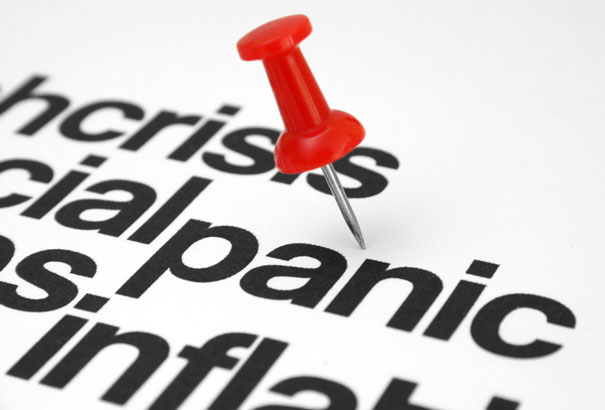Global sovereigns face elevated levels of political risk and uncertainty in 2017, says Fitch Ratings, embodied by the unexpected election of President-elect Donald Trump in the US and the UK’s Brexit vote in June.
These risks are reflected in a trend away from political orthodoxy that reduces the predictability of policy direction in advanced countries in 2017. Combined with a general trend towards looser fiscal policy and greater trade protectionism, this carries risks to sovereign creditworthiness among both advanced economies and emerging markets (EM), although the overall outlook for Fitch’s sovereign ratings in 2017 is stable.
While the large majority (82 of 114) of Fitch’s sovereign ratings retain Stable Outlooks as we head into 2017, risks are clearly tilted to the downside, given the distribution of 25 Negative and only three Positive Outlooks. The threat of increased trade protectionism and a stronger dollar will maintain downward pressure on EM sovereigns’ macroeconomic performance and ratings, with 20 remaining on Negative Outlook as we move towards year-end. Key EM sovereign rating sensitivities will include the extent to which policy responses can mitigate the negative effects of subdued commodity prices, weaker trade flows and the potential for renewed dollar strength.
Fitch expects global GDP growth to increase to 2.9% in 2017, from 2.5% in 2016, driven largely by a pick-up in the US combined with a cyclical recovery in some of the largest EMs, which should more than offset continuing weakness in the eurozone and Japan. Our forecast of an acceleration in 2017 US growth to 2.2%, from 1.5%, reflects partly our assessment of the impact of President-elect Trump’s proposed reflationary policies, including corporate and personal income tax cuts combined with a focus on infrastructure investment. We expect this fiscal stimulus (totalling 0.5-0.75% of GDP) to produce a near-term boost to growth, but the president-elect’s rhetoric on trade policy increases downside risks to growth in the medium term.
Following the seismic political shocks of 2016, Fitch expects political risk to remain a key issue for sovereign creditworthiness in advanced economies in 2017, posing risks to medium-term economic growth prospects that would likely be negative for sovereign ratings. Euroscepticism and populism could affect European cohesion in the coming months, with the Italian constitutional referendum in early December to be followed by Dutch, French and German national elections in 2017. Any further significant political shocks triggered by electoral events in Europe could prove hugely damaging for the European project, although such a scenario is not Fitch’s base case.
With advanced economies failing to regain pre-crisis growth rates, the debate on global macroeconomic policy has shifted, with commentators, policy-makers and supranational institutions all calling for a move towards fiscal loosening and away from the reliance on ultra-loose monetary policy that has become the cornerstone of macro policy in recent years. This shift in policy emphasis is likely to be led by the US in view of the proposed reflationary domestic policy agenda and the prospects for higher interest rates. While it is likely to provide a near-term boost to growth, the fiscal impact of the Trump plan would likely be negative for US sovereign creditworthiness over the medium term, as tax cuts alone cannot generate enough growth to make up for the loss in revenue, leading to a deterioration in debt dynamics.
In Europe, fiscal loosening is already being pursued to some extent as austerity fatigue and a focus on political issues such as Brexit, the migrant crisis and security concerns have diverted attention away from fiscal consolidation. This has manifested itself in many eurozone governments moving away from a strict interpretation of the European fiscal rules, typically without sanction by the European Commission. This is likely to be growth-supportive in the near term but further undermines fiscal credibility. High public debt ratios remain one of the key rating weaknesses for western European sovereigns, meaning that few have material fiscal space within their existing rating categories.
Economic recovery in the largest EM countries should gain momentum in 2017 as crises in Brazil and Russia ease. Meanwhile, we expect the slowdown in China’s growth rate to continue on a gradual path, reducing to 6.4% in 2017 from 6.7% in 2016. In Fitch’s view, China will remain committed to its growth target of approximately 6.5%, particularly given the political transition of five of the seven members of the Politburo Standing Committee scheduled for 2H17.
The threat of less open trade relationships between the US and key trading partners, including China, combined with a stronger dollar would be generally negative for EM countries, and particularly so for smaller open economies. A “trade war” between the US and China would have adverse consequences for GDP growth and inflation in both countries, and could lead to depreciation of the RMB and financial market risk aversion, which would likely spill over to other emerging markets.

